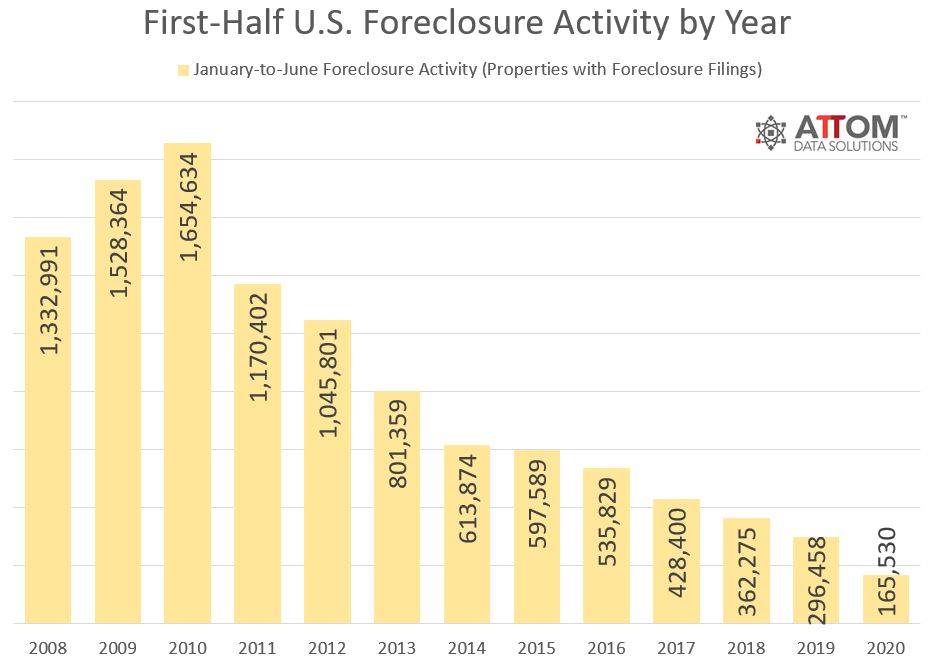
ATTOM Data Solutions, licensor of the nation’s most comprehensive foreclosure data and parent company to RealtyTrac (www.realtytrac.com), a foreclosure listings portal, today released its Midyear 2020 U.S. Foreclosure Market Report, which shows there were a total of 165,530 U.S. properties with foreclosure filings — default notices, scheduled auctions or bank repossessions — in the first six months of 2020, down 44 percent from the same time period a year ago and down 54 percent from the same time period two years ago.
Bucking the national trend with increasing foreclosure activity compared to a year ago were 10 of the 220 metro areas analyzed in the report, including Stockton, California (up 161 percent); Chico, California (up 61 percent); McAllen, Texas (up 42 percent); Lake Havasu, Arizona (up 39 percent); and Fort Wayne, Indiana (up 21 percent).
“The residential foreclosure market across the nation continues to contract amid a combination of booming housing market conditions before the current Coronavirus pandemic hit and a moratorium on activity while the country struggles to overcome the crisis,” said Ohan Antebian, general manager of RealtyTrac. “Foreclosure starts and completions were already declining rapidly last year because the housing market and the economy were riding so high. Now they’re down to lows not seen for at least 15 years as the federal government has banned lenders from pursuing most delinquent loans until at least the end of August 2020 to help people weather the pandemic. Distressed property volume is almost guaranteed to increase significantly once the moratorium is lifted because millions of Americans missed their mortgage payments in June and will continue to because of unemployment. But for now, everything is on hold and the foreclosure numbers reflect that pause.”
Delaware, New Jersey, Illinois post highest state foreclosure rates
Nationwide 0.12 percent of all housing units (one in every 824) had a foreclosure filing in the first half of 2020.
States with the highest foreclosure rates in the first half of 2020 were Delaware (0.28 percent of housing units with a foreclosure filing); New Jersey (0.25 percent); Illinois (0.24 percent); Maryland (0.21 percent); and Connecticut (0.18 percent)
Other states with first-half foreclosure rates among the 10 highest nationwide were South Carolina (0.18 percent); Florida (0.17 percent); Ohio (0.16 percent); North Carolina (0.14 percent); and Georgia (0.14 percent).
Highest metro foreclosure rates in Peoria, Trenton, Rockford
Among 220 metropolitan statistical areas with a population of at least 200,000, those with the highest foreclosure rates in the first half of 2020 were Peoria, Illinois (0.37 percent of housing units with foreclosure filings); Trenton, New Jersey (0.36 percent); Rockford, Illinois (0.36 percent); Atlantic City, New Jersey (0.32 percent); and Lake Havasu, Arizona (0.30 percent).
Other metro areas with foreclosure rates ranking among the top 10 highest in the first half of 2020 were Fayetteville, North Carolina (0.27 percent of housing units with a foreclosure filing); Bakersfield, California (0.27 percent); Columbia, South Carolina (0.25 percent); Chicago, Illinois (0.25 percent); and Cleveland, Ohio (0.25 percent).
Foreclosure starts down nationwide, up in three states
A total of 99,028 U.S. properties started the foreclosure process in the first six months of 2020, down 44 percent from a year ago to the lowest six-month total going back to the second half of 2005, the earliest data available.
Counter to the national trend, three states posted year-over-year increases in foreclosure starts, including Tennessee, Idaho, and Indiana. States that saw an annual decrease included
Florida (down 63 percent); New Jersey (down 43 percent); Illinois (down 37 percent); Georgia (down 33 percent); and California (down 29 percent).
Bank repossessions drop to lowest level
Lenders foreclosed (REO) on a total of 37,917 U.S. properties in the first six months of 2020, down 44 percent from a year ago to the lowest six-month total since we began tracking in 2005.
States that saw the greatest year-over-year decreases in REOs in the first half of 2020, included Mississippi (down 76 percent); South Dakota (down 65 percent); Kansas (down 64 percent); Idaho (down 64 percent); and Nevada (down 61 percent). The only state that posted a year-over-year increase in REOs in the first half of 2020 was Nebraska, with a 76 percent increase.
Q2 2020 foreclosure activity below pre-recession averages in 93 percent of markets
There were a total of 30,656 U.S. properties with foreclosure filings in Q2 2020, down 80 percent from previous quarter as well as a year ago to lowest quarterly total since Q1 2006.
The national foreclosure activity total in Q2 2020 was 89 percent below the pre-recession average of 278,912 per quarter from Q1 2006 to Q3 2007, making Q2 2020 the 15th consecutive quarter with foreclosure activity below the pre-recession average.
Second quarter foreclosure activity was below pre-recession averages in 205 out 220 (93 percent) metropolitan statistical areas with a population of at least 200,000 and sufficient historical foreclosure data, including Los Angeles, Chicago, Dallas, Houston, Miami, Atlanta, San Francisco, Riverside-San Bernardino, Phoenix and Detroit.
Metro areas with second quarter foreclosure activity above pre-recession averages included Portland, McAllen, Huntsville, Salisbury, and Gulfport.
Average foreclosure timeline drops from last year
Properties foreclosed in the second quarter of 2020 took an average of 685 days from the first public foreclosure notice to complete the foreclosure process, up from 673 days in the previous quarter but down from 716 days in the second quarter of 2019.
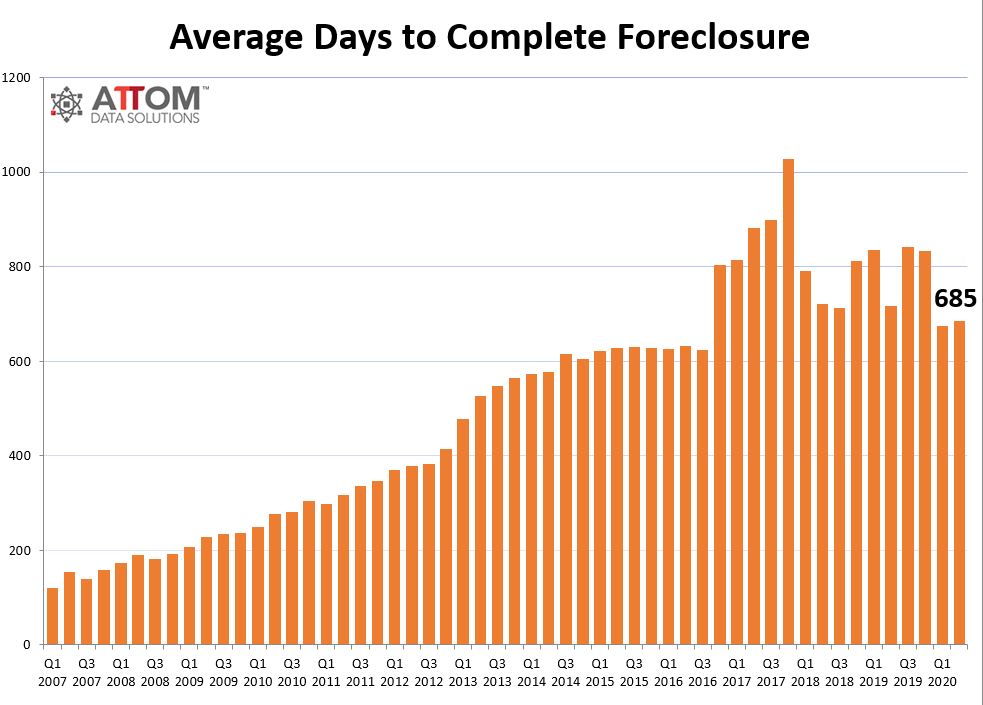
States with the longest average foreclosure timelines for foreclosures completed in Q2 2020 were Hawaii (1,558 days), Louisiana (1,341 days), New York (1,242 days), New Jersey (1,202 days), and Indiana (1,033 days).
States with the shortest average foreclosure timelines for foreclosures completed in Q2 2020 were Arkansas (181 days), Minnesota (212 days), Arizona (233 days), West Virginia (254 days), and Michigan (265 days).
June 2020 Foreclosure Activity High-Level Takeaway
To learn more about the data behind this article and what Attom Data Solutions has to offer, visit https://www.attomdata.com/.







Sign up to receive our stories in your inbox.
Data is changing the speed of business. Investors, Corporations, and Governments are buying new, differentiated data to gain visibility make better decisions. Don't fall behind. Let us help.
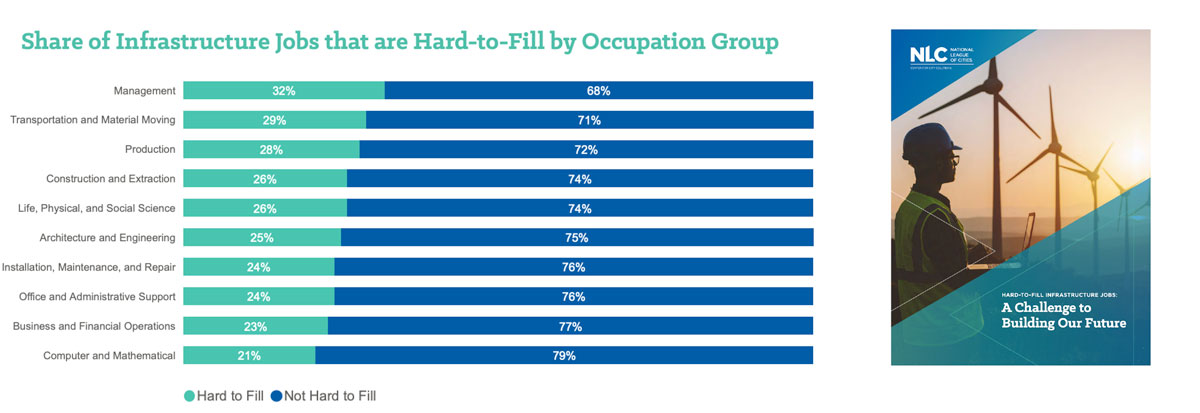



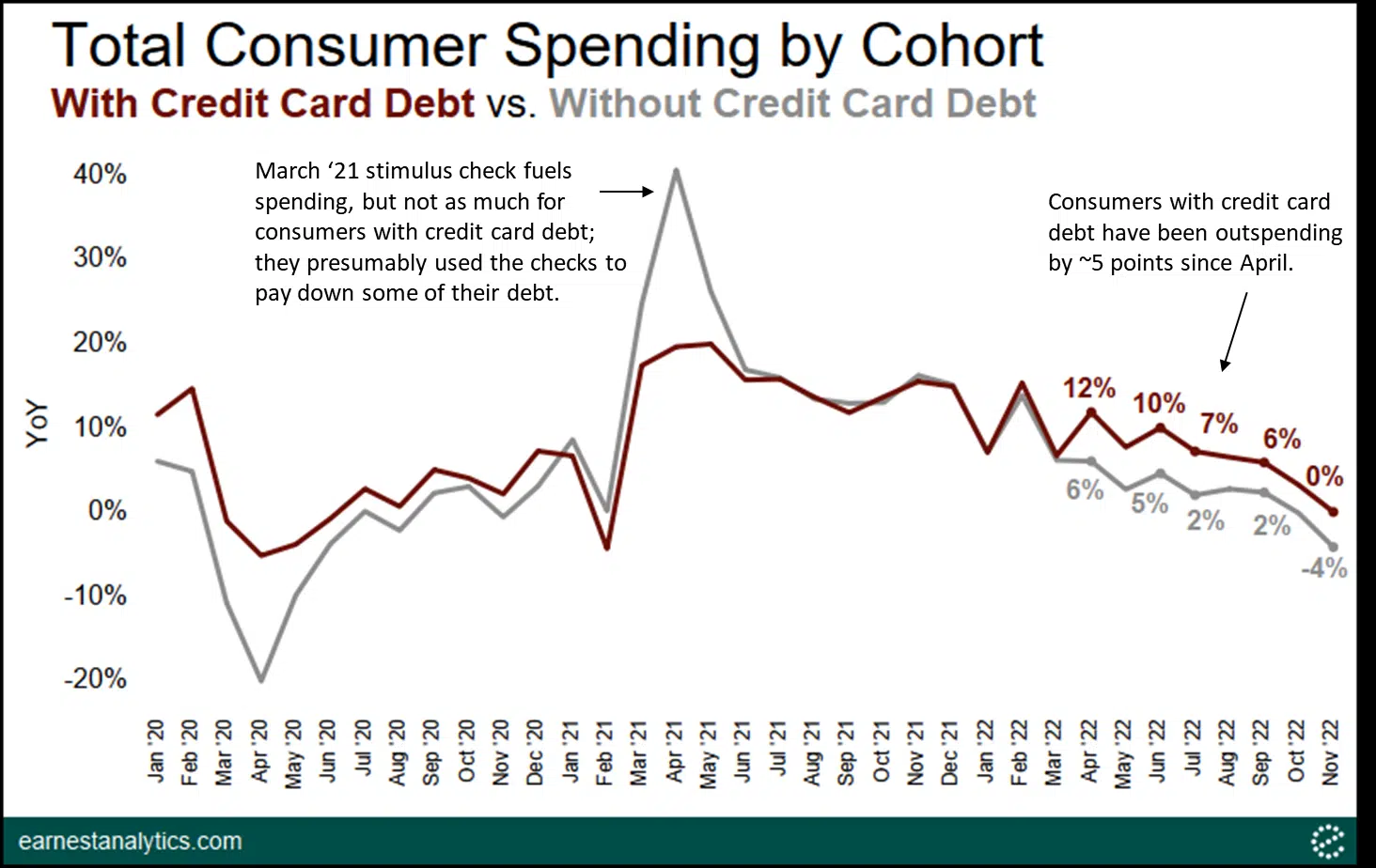

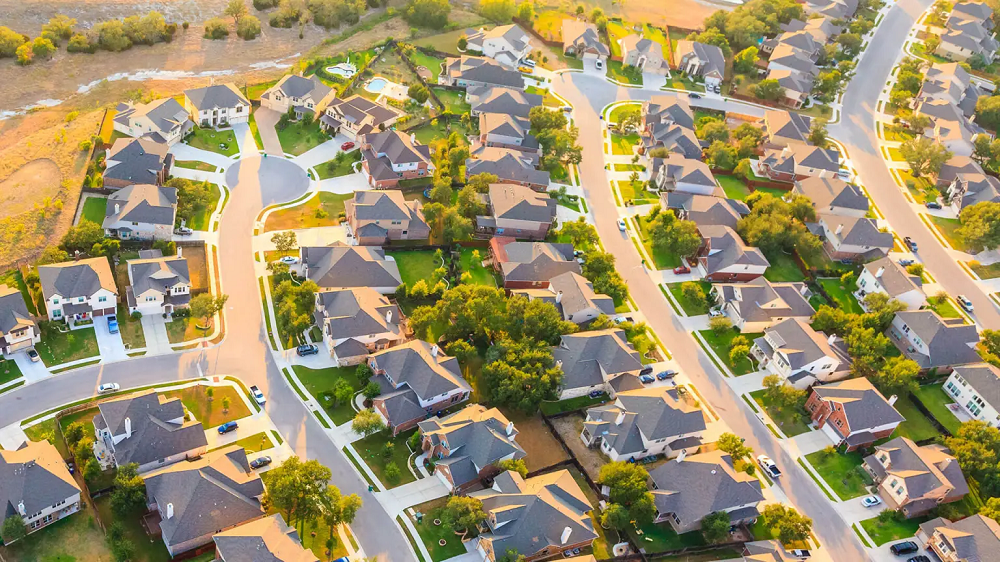
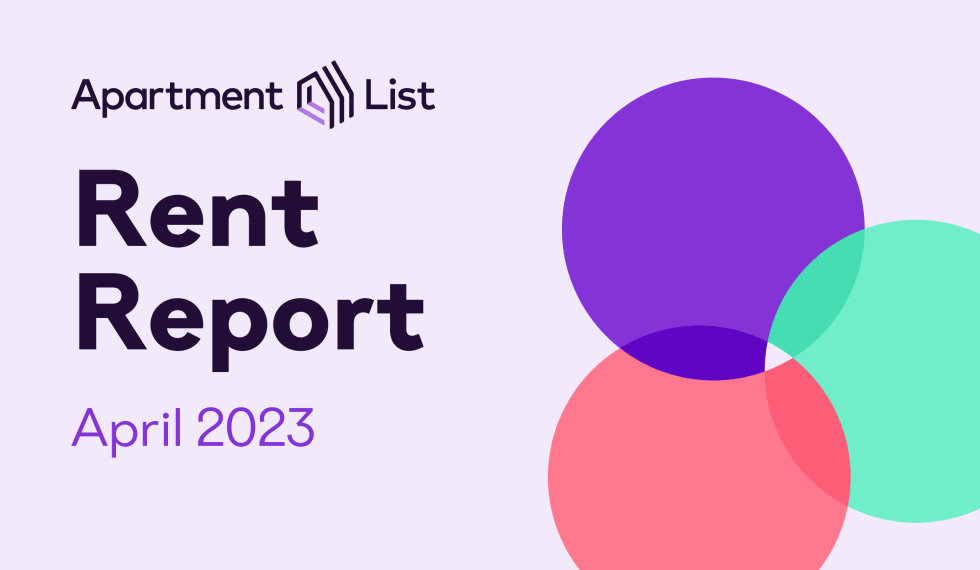
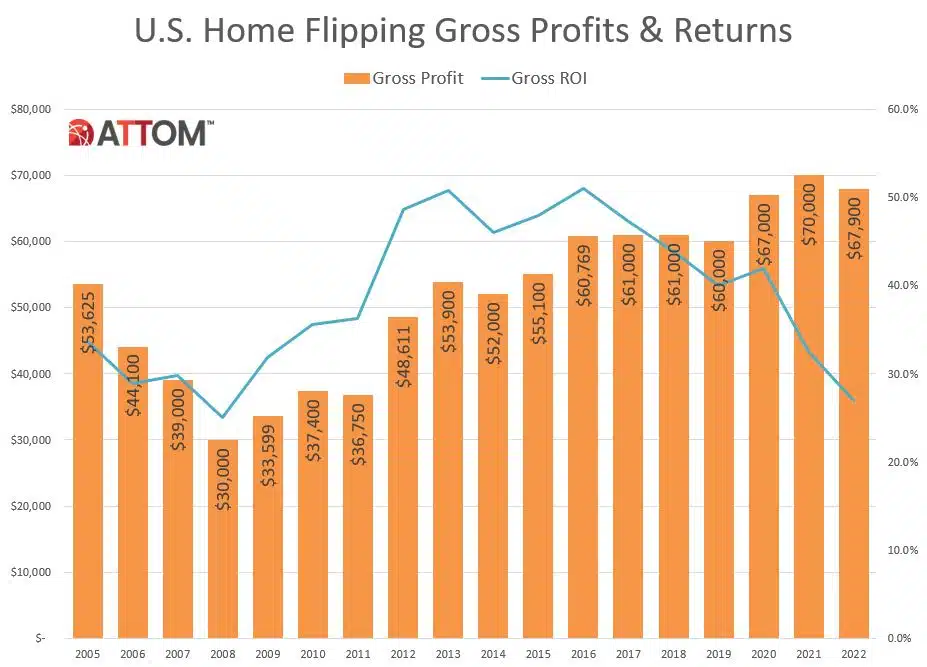


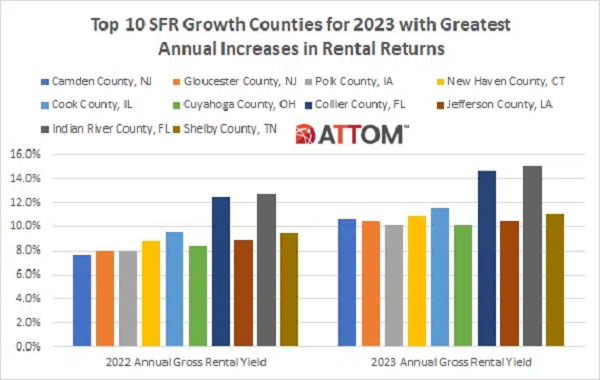







Sign up to receive our stories in your inbox.
Data is changing the speed of business. Investors, Corporations, and Governments are buying new, differentiated data to gain visibility make better decisions. Don't fall behind. Let us help.











